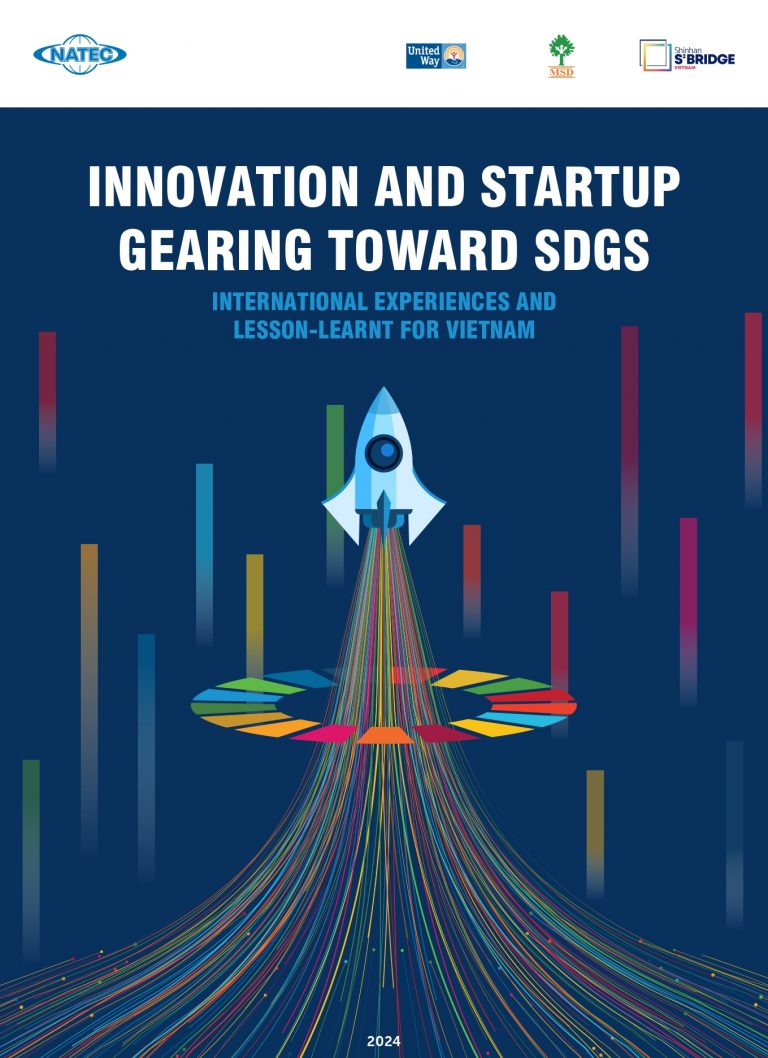In the context of the 2030 Agenda for Sustainable Development , and the resolution 75/211 (adopted in December 2020), the United Nations General Assembly, recognized the important contribution of entrepreneurship to SDGs, through promoting inclusive economic growth and innovation, while improving social conditions and addressing social and environmental challenges. In line with the UN’s vision for SDGs, a business model with the term “social impact business” (SIB) has emerged in many
countries around the world. In the Southeast Asia region, Vietnam is one of the few countries to include the concept of “social enterprise” in the Law on Enterprises (2020), which is an important legal provision that clarifies the role of social enterprises as having activities that are both profit-oriented and socially and environmentally oriented.
This research advocates for a new concept of “Social Open Innovation” (SOI) to the context of Viet Nam. This concept encompasses two key attributes, namely multistakeholder partnership for innovation and inclusive development. This research also reviews relevant concepts (Open Innovation by Henry Chesbrough, Inclusive Innovation by UNDP, and Social Innovation/ CSR by Mulgan), and highlights the significance of partnerships within the startup ecosystem in facilitating the ability of social enterprises to make meaningful contributions towards achieving SDGs. Centering to SOI is SDG-driven startups (in line with G20’s definition of SDG-focused startups), including: social enterprises, SMEs, commercial startups, or sustainability startups. However, these studied entities must have an explicit objective in line with SDGs, whether expressed through organizational structure, business model, or operational operations, and should include (1) a group of vulnerable beneficiaries under SDGs and/or (2) an impact area that matches goals under promoting SDGs. As a result, the company should strive to achieve at least one of the 17 SGDs.

